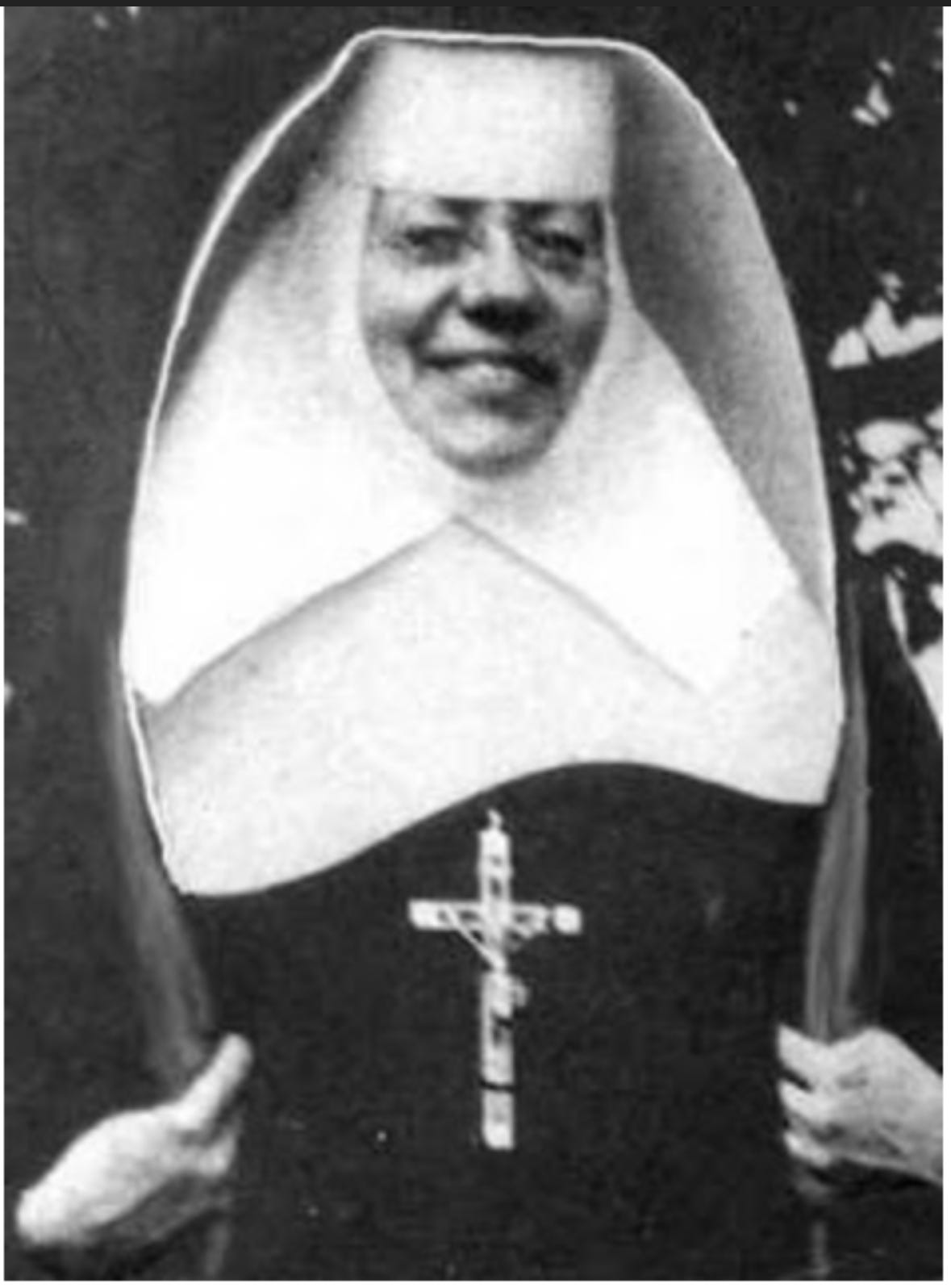St. Katharine Drexel, Servant of Black and Indian Americans
“If we wish to serve God and love our neighbor well, we must manifest our joy in the service we render to Him and them. Let us open wide our hearts. It is joy which invites us. Press forward and fear nothing.” —St. Katharine Drexel
Today is the feast of the American St. Katharine Drexel, whose work to help black Americans and Native American Indians caused her to describe herself as the “mother and servant of the Indian and Negro races.” She came from a wealthy Philadelphia family and originally loved gaiety and fancy dresses, but she eventually exchanged her fine clothes for the sober habit of a Catholic nun and a life dedicated to spending her time and fortune on those whom too many of her fellow Americans unjustly despised.
Katharine Drexel saw education as a way of helping black and Indian Americans. Whites could only continue to claim that non-whites were “stupid” as long as they deliberately kept them in ignorance. Katharine Drexel’s work advanced equality for blacks and native Indians in many areas—educationally, spiritually, and civilly. She knew that God created all races equal, and she lived God’s divine love for everyone throughout her life.
From Catholicsaints.info:
“Daughter of the extremely wealthy railroad entrepreneurs and philanthropists Francis Anthony and Emma (Bouvier) Drexel. She was taught from an early age to use her wealth for the benefit of others; her parents even opened their home to the poor several days each week. Katharine's older sister Elizabeth founded a Pennsylvania trade school for orphans; her younger sister founded a liberal arts and vocational school for poor blacks in Virginia. Katharine nursed her mother through a fatal three-year illness before setting out on her own; Emma died in 1883.
Interested in the condition of Native Americans, during an audience in 1887, Katharine asked Pope Leo XIII to send more missionaries to Wyoming for her friend, Bishop James O'Connor. The pope replied, ‘Why don't you become a missionary?’
She visited the Dakotas, met the Sioux chief, and began her systematic aid to Indian missions, eventually spending millions of the family fortune. Entered the novitiate of the Sisters of Mercy. Founded the Sisters of the Blessed Sacrament for Indians and Colored, now known simply as the Sisters of the Blessed Sacrament in Santa Fe, New Mexico, USA in 1891. Advised by Mother Frances Cabrini on getting the Order's rule approved in Rome. She received the approval in 1913.
By 1942 she had a system of black Catholic schools in 13 states, 40 mission centers, 23 rural schools, 50 Indian missions, and Xavier University in New Orleans, Louisiana, the first United States university for blacks. Segregationists harassed her work. Following a heart attack, she spent her last twenty years in prayer and meditation. Her shrine at the mother-house was declared a National Shrine in 2008.”
No racist could stop her, no obstacle slow her. Katharine Drexel was certainly not a political activist, but she did what so many political activists do not—she sacrificed herself for others in a deeply personal and loving way every single day. And that is why St. Katharine Drexel was not only a representative of the best of America, but a great saint.





